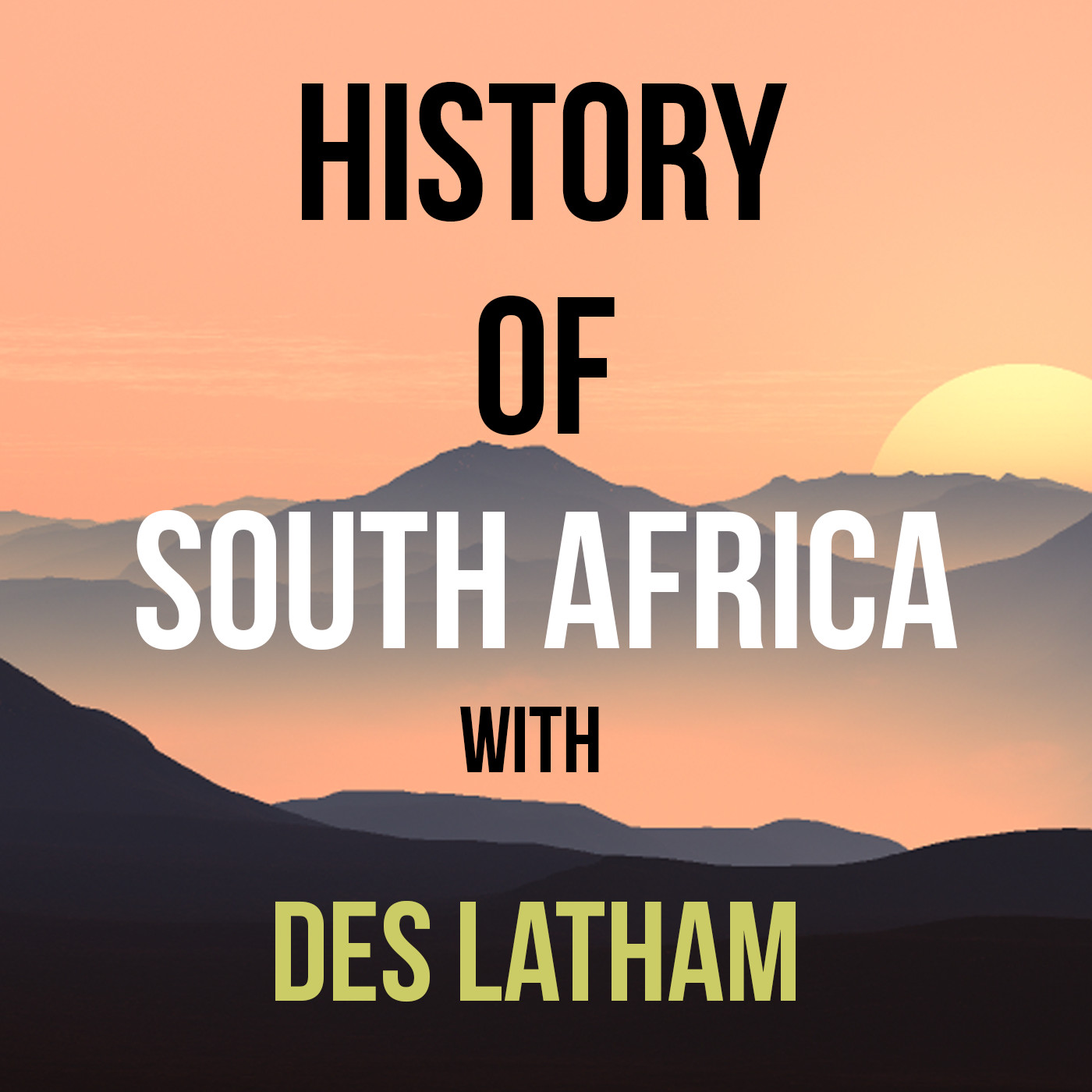- History
- SEE MORE
- classical
- general
- talk
- News
- Family
- Bürgerfunk
- pop
- Islam
- soul
- jazz
- Comedy
- humor
- wissenschaft
- opera
- baroque
- gesellschaft
- theater
- Local
- alternative
- electro
- rock
- rap
- lifestyle
- Music
- como
- RNE
- ballads
- greek
- Buddhism
- deportes
- christian
- Technology
- piano
- djs
- Dance
- dutch
- flamenco
- social
- hope
- christian rock
- academia
- afrique
- Business
- musique
- ελληνική-μουσική
- religion
- World radio
- Zarzuela
- travel
- World
- NFL
- media
- Art
- public
- Sports
- Gospel
- st.
- baptist
- Leisure
- Kids & Family
- musical
- club
- Culture
- Health & Fitness
- True Crime
- Fiction
- children
- Society & Culture
- TV & Film
- gold
- kunst
- música
- gay
- Natural
- a
- francais
- bach
- economics
- kultur
- evangelical
- tech
- Opinion
- Government
- gaming
- College
- technik
- Jesus
- Health
- movies
- radio
- services
- Church
- podcast
- Education
- international
- Transportation
- Other
- kids
- podcasts
- philadelphia
- Noticias
- love
- sport
- Salud
- film
- and
- 4chan
- Disco
- Stories
- fashion
- Arts
- interviews
- hardstyle
- entertainment
- humour
- medieval
- literature
- alma
- Cultura
- video
- TV
- Science
- en
Episode 162 - The 1845 Battle of Swartkoppies, Divide and Rule and a Bloemfontein origin story

This is episode 162.
\n
\nFirst, some housekeeping. A huge thank you to all my supporters, the podcast just passed 1.3 million listens, so there\u2019s a large number of folks out there who\u2019ve found this series useful.
\n
\nI\u2019m so delighted that our crazy tale here on the southern tip of Africa has resonated with so many people. The response has utterly stunned me, thinking when I started that being so battered by headwinds as we are at the moment, cynicism would sink the show.
\n
\nBut it\u2019s the opposite. To all the hundreds of listeners sending emails over the last 24 months, your personal stories and responses are all noted and stored. There\u2019s a treasure trove of stuff which I\u2019m going to try and use where appropriate. If you\u2019d like to contact me please send a mail to desmondlatham@gmail.com
\n
\nOr head off to my site desmondlatham.blog there\u2019s a contact form there and a newsletter sign-up.
\n
\nAnd now back to the mid-1840s.
\n
\nWhen we left off, Moshoeshoe and Adam Kok had signed a Treaty with the Cape Governor which gave them formal power over their territory. And as you know if you listened to episode 161, the definition of exactly what was their territory was somewhat hazy.
\n
\nBy now the BaTlokwa, the Koranna and the Voortrekkers amongst others, had taken issue with this treaty, saying Moshoeshoe and Kok had no control over their people.
\n
\nThere was a flourishing trade across the Orange, tying Cape Towns like Beaufort West, Graaff-Reinet and Grahamstown were directly linked to the settlements to the north by these trade routes. The Griqua received their gunpowder from these towns and sold their cattle and ivory there for example. The Orange River was a significant challenge, at this stage there was no bridge or ferry and when it flooded, weeks could pass before wagons could cross. The British presence was concentrated in Colesberg where the civil commissioner with the wonderfully memorable name of Fleetwood Rawstone served for 21 years. He was subordinate to the Lieutenant Governor of the eastern Province held through the crucial years of the 1840s by Lieutenant Colonel Hare who lived in Grahamstown.
\n
\nAfter the return of Jan Mocke, Jan Kock and the Modder River Boers from Natal, life became more difficult for the British commissioner. The Treaty signed between the Griqua and the Cape Colony in 1843 was supposed to bring permanent peace to the Transorangia region but was predicated on the fact that the Griqua were supposed to pacify the Boers. The Boers totally rejected that premise. In November 1844, the Boers had enough and a commando was assembled under Jan Kock which rode to Philippolis, where a Griqua commando had been also been assembled and awaited their arrival.
\n
\nA Mexican standoff developed. It\u2019s defined as a confrontation where no strategy exists that allows either party to achieve victory. Just as an aside, the clich\xe9 of a Mexican standoff is best known in Westerns, and probably the most memorable would be Sergio Leone\u2019s 1966 Classic The Good, the Bad and the Ugly.
\nGovernor Maitland was deep in thought back in the Cape. He\u2019d quickly assessed the rising tension across the Orange, as well as in the eastern Cape. He was another Peninsular war vet, commanding a Brigade at the Battle of Waterloo. Maitland had been part of the army that defeated Napoleon and his bravery during that Battle had brought him a formal vote of thanks from the British House of Commons.